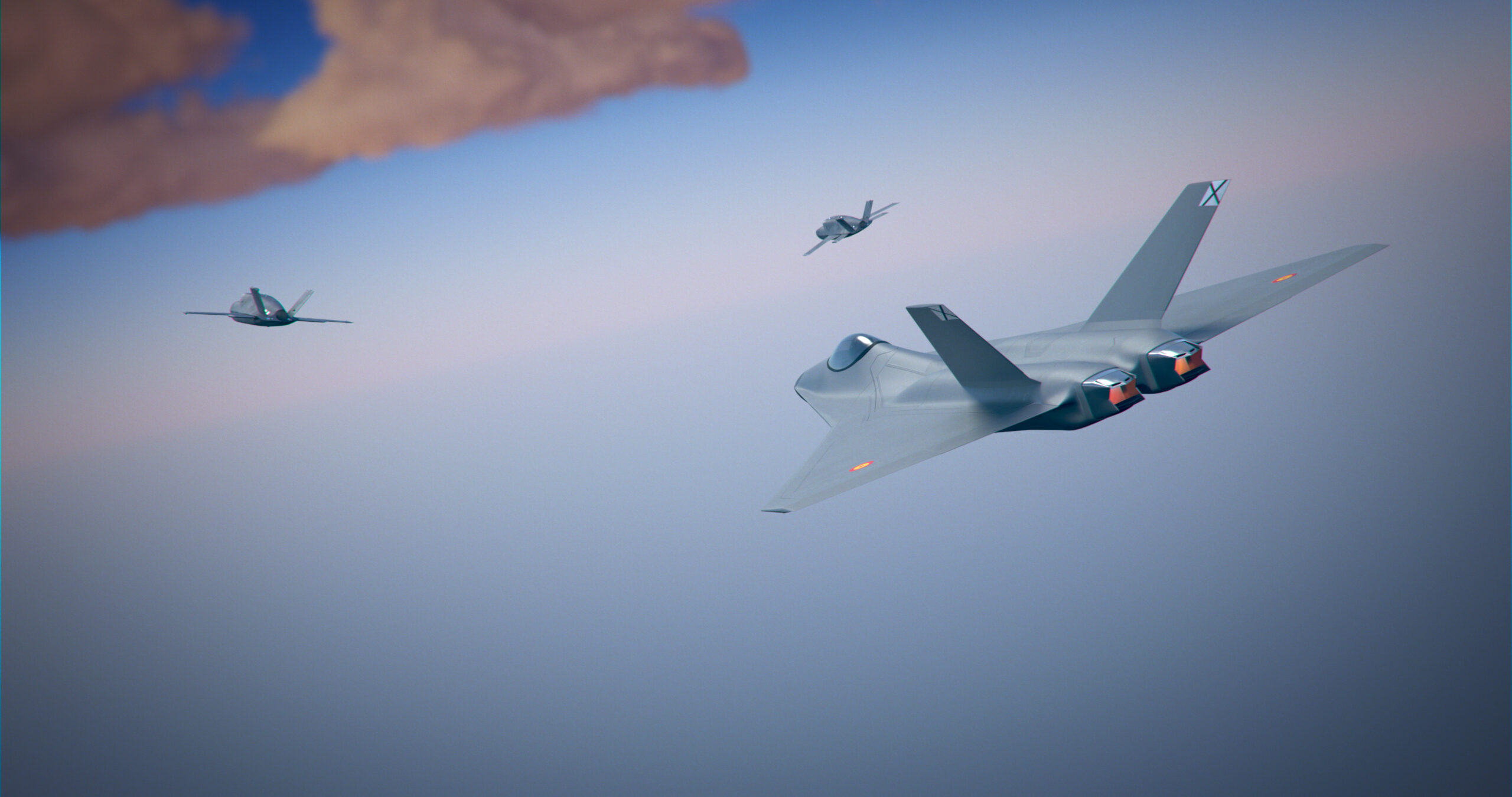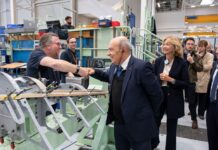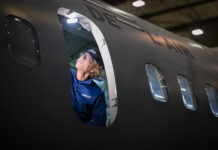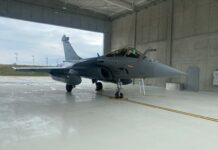As the Spanish national lead company company in the engine pillar of the Franco-German-Spanish Future Combat Air System (FCAS) programme, ITP Aero plans to create more than 250 highly skilled jobs within the programme over the next three years, the company declared on 19 May 2023.
As part of its overall technology and industrial growth plan, ITP Aero will grow by more than 400 people in 2023 alone, the company stated in a press release.
In 2022 ITP Aero’s global headcount increased by 8% to 4,700 employees, while during 2023 headcount growth estimates are around 10%, +400 new jobs.
The growth of ITP Aero’s defence area forms part of the company’s strategy within the global aeronautical market, increasing production capacities, global industrial footprint and the development of its own technology.
“As such, ITP Aero will accelerate its growth trajectory, under Bain Capital-led ownership, with record capex investment and the launch of numerous initiatives,” the company stated.
During Spain’s FEINDEF defence exhibition, held in Madrid from 17-19 May, ITP Aero organised an event with students from the Carlos III University of Madrid and the Polytechnic University of Madrid to reinforce its plan to attract talent in view of the upcoming projects and new-generation technologies in which the company will be involved.
During the exhibition ITP Aero presented the different technology development projects it is leading and has unveiled the different engineering profiles it needs to incorporate, including: aerothermal, control systems, method development, advanced testing, materials, digitalisation and software, electrification, and in-service support. All the jobs ITP Aero will generate will be highly specialised, long term and focused on aerospace propulsion systems.

“Under the new defence context, we are entering a new phase of growth that will reinforce our leadership in the aeronautical sector at national and European level,” said Álvaro Santodomingo, ITP Aero’s executive director for defence. “We are in a privileged position to attract the best talent, and among all the current projects, the development of the new FCAS engine stands out, which will allow us to work on state-of-the-art technologies in dual propulsion.”
The FCAS programme to develop a New Generation Weapon System that includes a New Generation Fighter and remote carrier vehicles was initiated in 2017. Dassault Aviation and Airbus announced they would work together on developing FCAS in 2018 and Spain joined the programme in June 2019.
The programme lost some momentum in mid-2022 over disagreements on workshare, but a Phase 1B demonstrator contract was awarded to the programme participants in December 2022. This phase aims to identify key technologies and develop flying demonstrators of FCAS component systems.
Peter Felstead







![Doing everything at once This image gives a good indication of how many RF antennas a modern combat aircraft must have; these are just for the plane’s electronic warfare system. [BEL]](https://euro-sd.com/wp-content/uploads/2025/09/BEL-EW-Suite-Antennas-BEL-Kopie-218x150.jpg)
![MALE and HALE drone developments: Evolving existing systems and introducing new aircraft An MQ-9B SkyGuardian flying above the UK during the RAF100 event. The UAV is known as the Protector RG Mk 1 in UK service. [GA-ASI]](https://euro-sd.com/wp-content/uploads/2025/06/SkyGuardian_GA-ASI-2-218x150.jpg)



